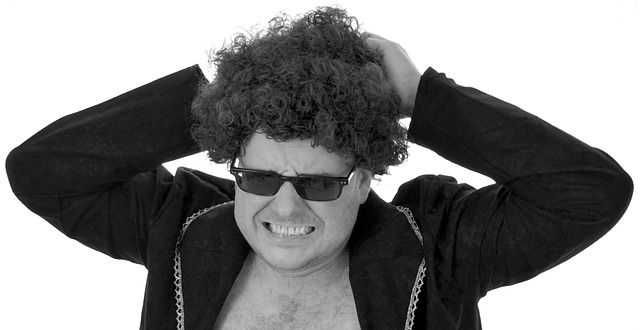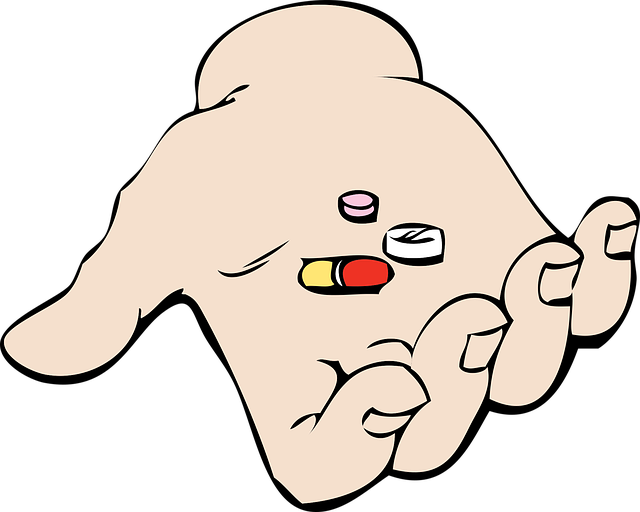Cognitive-Behavioral Therapy (CBT), an evidence-based approach, empowers individuals in mental health treatment centers for co-occurring disorders by challenging negative thought patterns. CBT combines tailored strategies like mindfulness and holistic programs with evidence-based medications for comprehensive care. This structured therapy enhances self-awareness, develops effective coping mechanisms, and promotes long-term mental health success through targeted interventions addressing addiction's complex interplay of thoughts, feelings, and behaviors. Integrated recovery support services, including healthy relationships coaching, reinforce CBT's positive impact on sustained sobriety and improved overall well-being.
Cognitive-behavioral therapy (CBT) is a powerful tool in the arsenal of mental health treatment centers. By empowering clients to reframe negative thoughts and behaviors, CBT offers a structured approach to tackling various mental health challenges. This article explores how CBT helps individuals challenge distorted thinking patterns, replace them with more adaptive ones, and ultimately improve their overall well-being. We also delve into its significant impact on managing co-occurring disorders within specialized treatment centers.
- Understanding Cognitive-Behavioral Therapy (CBT): A Powerful Tool in Mental Health Treatment Centers
- How CBT Helps Clients Reframe Negative Thoughts and Behaviors
- The Impact of CBT on Co-occurring Disorders: Transforming Lives at Mental Health Treatment Centers
Understanding Cognitive-Behavioral Therapy (CBT): A Powerful Tool in Mental Health Treatment Centers

Cognitive-Behavioral Therapy (CBT) is a highly effective and evidence-based approach used in mental health treatment centers, especially those specializing in co-occurring disorders. It empowers individuals to challenge and reframe negative thought patterns and behaviors, offering a powerful tool for personal growth and recovery. CBT focuses on the present and future, helping clients identify and change unhelpful thinking and acting, which can lead to improved mood and behavior.
In mental health treatment centers for co-occurring disorders, CBT is tailored to each client’s unique needs. This may include personalized mindfulness plans, holistic wellness programs prioritizing nutrition, exercise, and stress management for overall well-being, alongside evidence-based medications for withdrawal management. By combining these strategies, CBT enables individuals to gain insights into their conditions, develop coping mechanisms, and maintain long-term mental health success.
How CBT Helps Clients Reframe Negative Thoughts and Behaviors

Cognitive Behavioral Therapy (CBT) provides a structured and effective approach to help individuals challenge and change negative thought patterns and behaviors. By identifying distorted thinking, clients learn to replace unhelpful cognitive distortions with more realistic and balanced perspectives. This process empowers them to manage their emotions and behaviors more effectively.
In CBT, therapists guide clients through various techniques such as mindfulness exercises, behavioral experiments, and cognitive restructuring. These tools enable individuals to recognize negative thought cycles and gain insights into the underlying causes of their distress. Through this reframing process, clients develop healthier coping mechanisms, enhance self-awareness, and ultimately improve their overall well-being, making mental health treatment centers for co-occurring disorders highly effective in providing Mental Health Help. Additionally, learning Mindfulness Techniques for Stress Relief is often integrated into CBT to promote emotional regulation and reduce the impact of challenging situations.
The Impact of CBT on Co-occurring Disorders: Transforming Lives at Mental Health Treatment Centers

Cognitive-behavioral therapy (CBT) has emerged as a powerful tool in transforming lives at mental health treatment centers for co-occurring disorders. This evidence-based approach targets both psychological and behavioral aspects, addressing the complex interplay between thoughts, feelings, and actions that contribute to mental health challenges. By focusing on reframing negative thoughts and behaviors, CBT equips clients with essential coping skills, enabling them to navigate their recovery journey more effectively.
In the context of co-occurring disorders, where individuals struggle with both mental health issues and substance use disorders, CBT offers tailored interventions. It helps clients identify and challenge distorted thinking patterns that often underlie their addictions. Through structured sessions, participants learn to replace unhealthy behaviors with healthier alternatives, fostering a sense of empowerment. The integration of CBT into recovery support services provides ongoing guidance and encouragement throughout the recovery journey, enhancing the likelihood of sustained sobriety and improved mental well-being. Additionally, healthy relationships coaching in early sobriety complements CBT by teaching individuals how to build and maintain supportive connections, which are crucial for long-term success in their recovery efforts.
Cognitive-behavioral therapy (CBT) emerges as a game-changer in mental health treatment centers, offering clients a powerful tool to reframe negative thoughts and behaviors. By addressing underlying cognitive distortions, CBT enables individuals struggling with co-occurring disorders to achieve significant transformations in their lives. As evidenced by its impact on mental health treatment centers for co-occurring disorders, CBT provides lasting solutions, fostering resilience and enhancing overall well-being.





